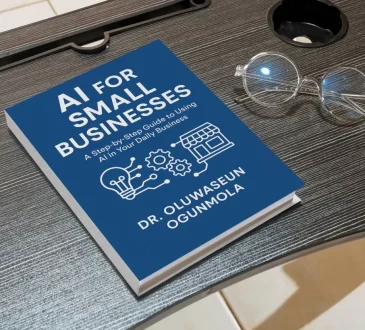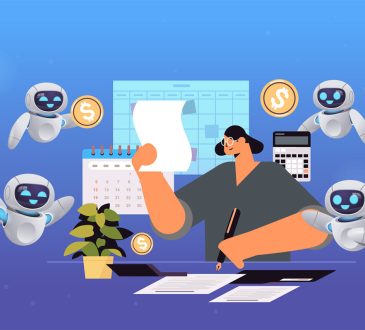Can Artificial Intelligence Replace Traditional Business Systems?

In recent years, Artificial Intelligence (AI) has evolved from an experimental technology to a powerful catalyst shaping industries across the globe. As businesses continue to adapt to an increasingly digital environment, one question has gained significant traction in boardrooms and strategy meetings: Can AI replace traditional business systems?
While the prospect is both exciting and intimidating, the answer is far from simple. AI has undeniably transformed the way businesses operate, yet the complete displacement of traditional systems remains a complex, multifaceted debate.
The Rise of AI in Modern Business
AI’s integration into business environments has accelerated rapidly, driven by the need for speed, data accuracy, and operational efficiency. What once required human intuition and manual processing can now be performed by intelligent algorithms capable of learning, predicting, and optimizing on a massive scale.
Businesses across sectors—from manufacturing and retail to finance and healthcare—have begun adopting AI tools to:
- Automate repetitive tasks
- Analyze large data sets
- Personalize customer experiences
- Support decision-making processes
This rise of AI-driven systems has led many organizations to evaluate whether traditional business models are still relevant in an era defined by automation and advanced analytics.
Automation: Replacing Repetition, Not Strategy
One of the strongest arguments in favor of AI replacing traditional systems lies in automation. AI can execute repetitive, rule-based tasks with exceptional speed and accuracy.
Activities improved through AI include:
- Data entry
- Invoice processing
- Scheduling
- Customer service responses
AI chatbots can handle thousands of customer queries simultaneously. In accounting and finance, AI systems can detect anomalies, flag suspicious transactions, and assist in real-time financial monitoring.
However, automation alone does not address the full spectrum of business operations. Strategic thinking, emotional intelligence, negotiation, and decision-making under ambiguous conditions still rely heavily on human judgment.
AI as a Decision-Support System, Not a Replacement
AI provides powerful data analysis capabilities. Predictive analytics, risk forecasting, personalized recommendations, and real-time insights are all possible through advanced AI algorithms.
But AI cannot completely replace decision-making systems.
AI can tell a company what is likely to happen, but leaders must decide what to do about it.
Traditional Systems Provide Stability and Structure
Traditional business systems—including manual processes, hierarchical leadership models, and human-driven customer relationships—offer:
- Structure
- Stability
- Accountability
- Trust
Many industries still rely on manual oversight because errors can have serious consequences. AI supports these systems but cannot fully replace human intervention.
Human Intelligence vs. Artificial Intelligence
AI excels at:
- Processing data
- Identifying patterns
- Automating tasks
- Offering data-driven recommendations
Humans excel at:
- Creativity
- Empathy
- Ethical judgment
- Cultural awareness
- Strategic planning
These strengths are complementary, not competitive.
Challenges in Fully Replacing Traditional Systems
Key barriers include:
- Ethical and Legal Concerns
- High Implementation Costs
- Workforce Resistance
- Reliability Issues
- Lack of Human Touch
The Future: A Hybrid Model, Not a Replacement
AI will continue to evolve, but the future lies in a hybrid approach where AI enhances traditional systems. Businesses that adopt AI as a tool—not a replacement—will be better positioned to innovate and grow.
Conclusion
AI cannot fully replace traditional business systems.
It can enhance and streamline operations, but it cannot replace human judgment, emotional intelligence, or strategic capabilities.




